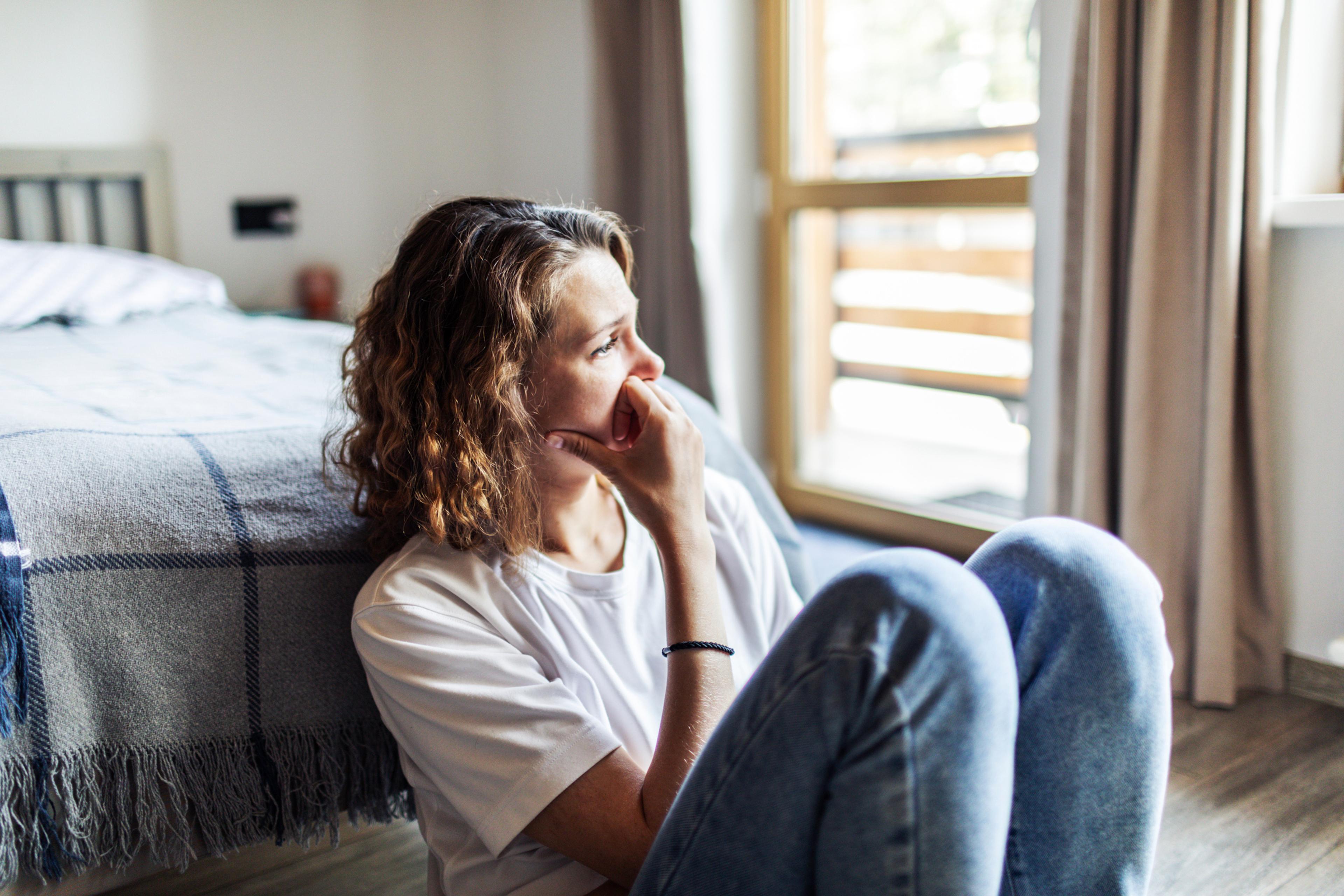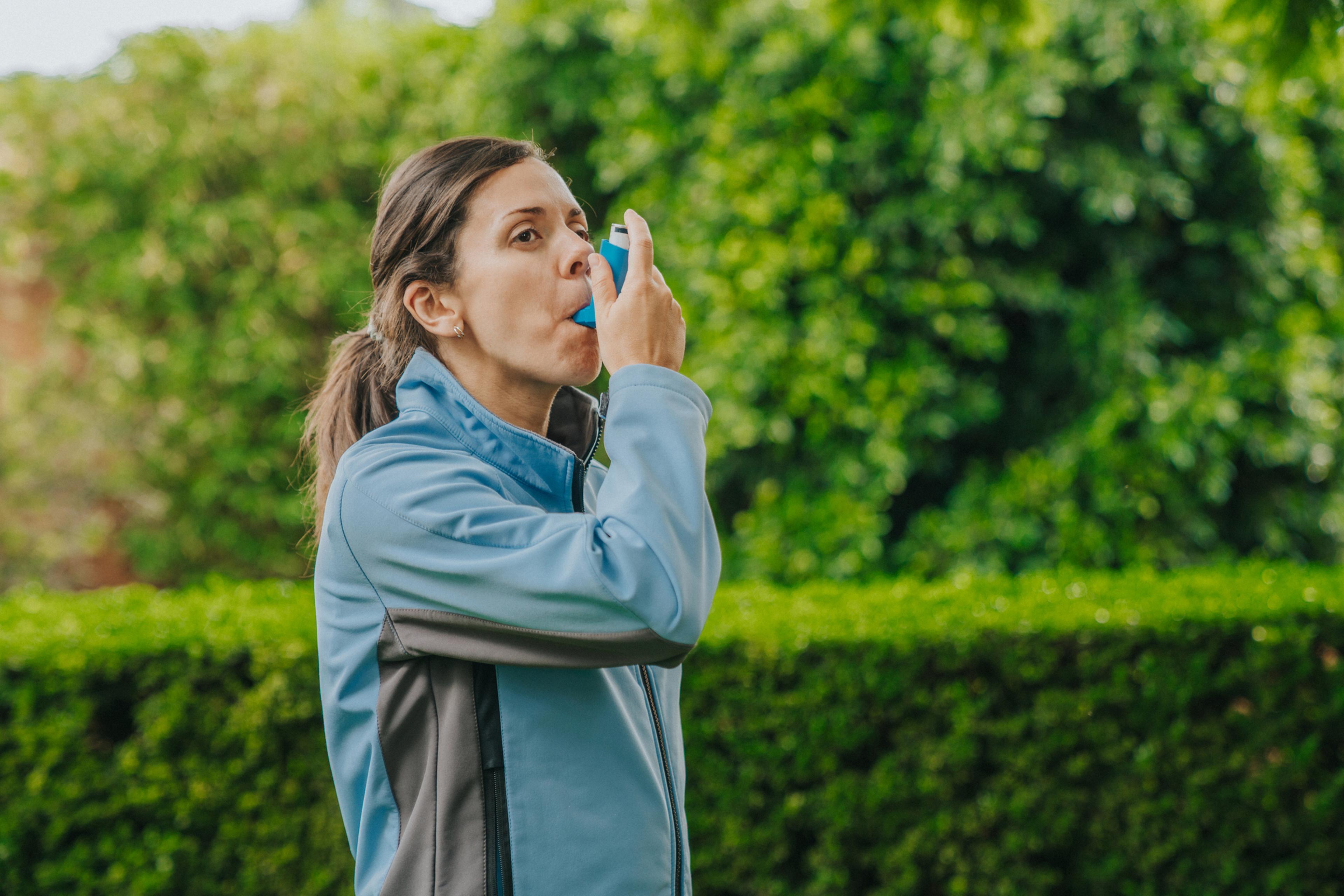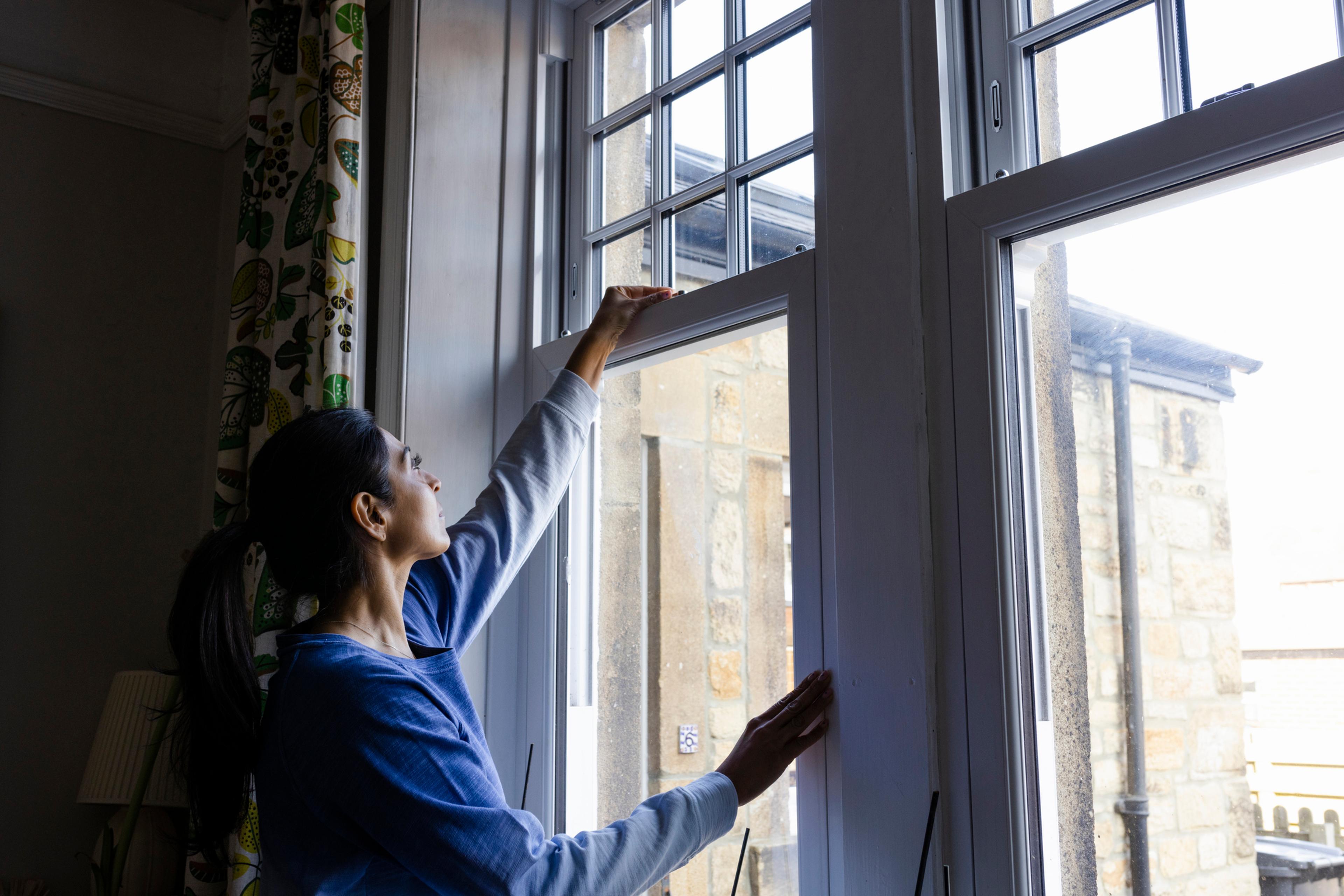Mike Merucci is a former corporate communications intern at Blue Cross Blue Shield of Michigan.
Give it a Rest: The Health Benefits of Doing Nothing
3 min read

It’s a busy world, and there’s always something to do. Your list of tasks might be long enough for two people, but perhaps it’s time to add a new task to that list: do nothing.
Maintaining a healthy balance between activity and inactivity is important, and to do that, taking breaks throughout the day is essential. With busyness comes stress, and too much stress can lock your body into a constant “go-mode.” Being constantly stressed for extended periods can end up being harmful to you in the long run.
The importance of taking breaks
Before we discuss the benefits of doing absolutely nothing, let’s talk about the importance of breaks in general.
According to a report from the University of Wisconsin-Madison, taking breaks to move around or change position can lower your risk of heart disease. Type 2 diabetes, cholesterol problems and some cancers are also less likely to develop in people who consistently take these breaks.
The mental benefits of breaks are great as well. When you go too long without a break, your brain becomes overstuffed and needs a reset.
Research referenced by Cleveland Clinic details the following mental benefits of taking breaks:
- Improved mood
- Boosted performance
- Increased ability to concentrate
Now, let’s take breaks a step further. It’s time to do nothing.
What exactly does ‘doing nothing’ mean?
What distinguishes the idea of “doing nothing” from a typical break is that when you’re doing nothing, you are totally unplugged from the world around you. No TV, no books, no social media. It’s just you and your mind.
When you’re watching TV, reading or talking to someone, you’re actively analyzing and processing information. This requires more mental work than staring at the sky or closing your eyes, for example. When doing nothing, you are either aware of yourself or aware of the lack of everything else, which can be rejuvenating.
Benefits of doing nothing
When you take some time to do nothing, you can passively check in on both your mental and physical health. In these moments, you may come to understand your happiness level, comfort level, energy level and much more. Maybe you’ll find that your arm is sore or that your foot feels wrong – things you might not have noticed otherwise.
If you take “doing nothing” a little further and consistently enter a state of calm through meditation or other relaxation techniques — this state being referred to as “deep rest” — you can drastically reduce your need for health care services, according to a report in The Harvard Gazette.
The same report states that entering deep rest can have the following benefits:
- Reduced blood pressure
- Relief of stress and anxiety
- Lowered heart rate
Integrating deep rest or periods of doing nothing into your daily routine can be a lifesaver in the long run, as they are great preventive measures against chronic stress. Heart disease and diabetes can be exacerbated or caused by chronic stress, as can many other conditions, such as:
- Hypertension
- Substance use disorder
- Depression
- Obesity
What if you struggle to do nothing/be alone with your thoughts?
For those who struggle to take breaks or do nothing, it is common and effective to schedule downtime into your day. It is also a matter of exposure: As you continue to take breaks, you’ll grow more comfortable each time. Once breaks are made a staple of your routine, they will be truly restful.
If doing nothing results in you overthinking or worrying, perhaps play some calm music — like ambient sounds — and follow the gentle soundscapes it has to offer. You can also engage in a mindless task, like dusting, or go for a walk.
More from AHM:
- 5 Tips to Avoid Loneliness While Working from Home
- Sound Baths: How to Create One at Home
- Find Your Fit: Give These Low Impact Exercises and Activities a Try this Winter
Photo credit: Getty Images










